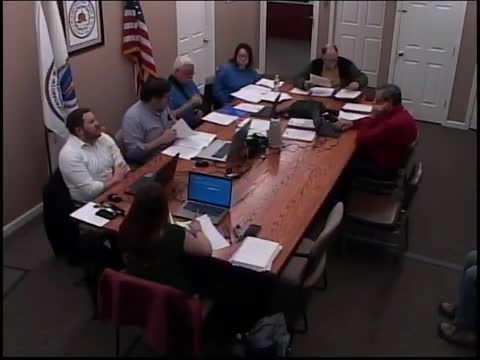Planning board reviews state ADU rule changes, considers broader local definition
Get AI-powered insights, summaries, and transcripts
Subscribe
Summary
Planner Alec briefed the board on Massachusetts' new housing legislation and recommended changing local bylaw language from 'single‑family dwelling' to 'principal dwelling' and keeping Hubbardston's 1,000 sq ft ADU allowance.
The Planning Board reviewed proposed edits to the town’s accessory dwelling unit (ADU) bylaw to align with a 2024 state housing act that requires by‑right ADUs in districts that allow single‑family homes. Planner Alec told the board the state’s regulations protect ADUs in districts that permit single‑family dwellings, but recommended replacing the term “single‑family dwelling” in Hubbardston’s draft with “principal dwelling” to avoid conflicts with other zoning language.
Why it matters: The state measure promotes housing production and sets minimum standards for ADUs. Hubbardston’s draft retains a slightly larger local maximum—1,000 square feet rather than the state’s 900 square foot cap or one‑half the existing dwelling’s gross floor area—so the town will be required to secure a two‑thirds vote at town meeting rather than a simple majority because it deviates from the state standard.
Discussion and outcome - Alec summarized the changes and the reason for the suggested term swap: replacing “single family” with “principal dwelling” makes the bylaw apply to any principal dwelling type (single‑family, two‑family, etc.) that is allowed in a district. - The board discussed potential complications, including how the merger doctrine could interact with an ADU on an adjacent lot under common ownership; Alec recommended striking the clause that would have allowed ADUs on adjacent lots under common ownership because it raised tax and septic/water plumbing questions and could create legal complexity. The board agreed to remove the “adjacent lot under common ownership” phrase and rely on established options such as merging lots or Title 5/health code requirements for water and wastewater. - The board agreed to continue the public hearing and to await the attorney general’s review comments. The board scheduled the next hearing (continued) for May 7.
Ending: Planner Alec said he expects only minor AG comments and that article 24 can stand alone; the board left the public hearing open to allow staff to incorporate any AG edits before final recommendation to town meeting.
